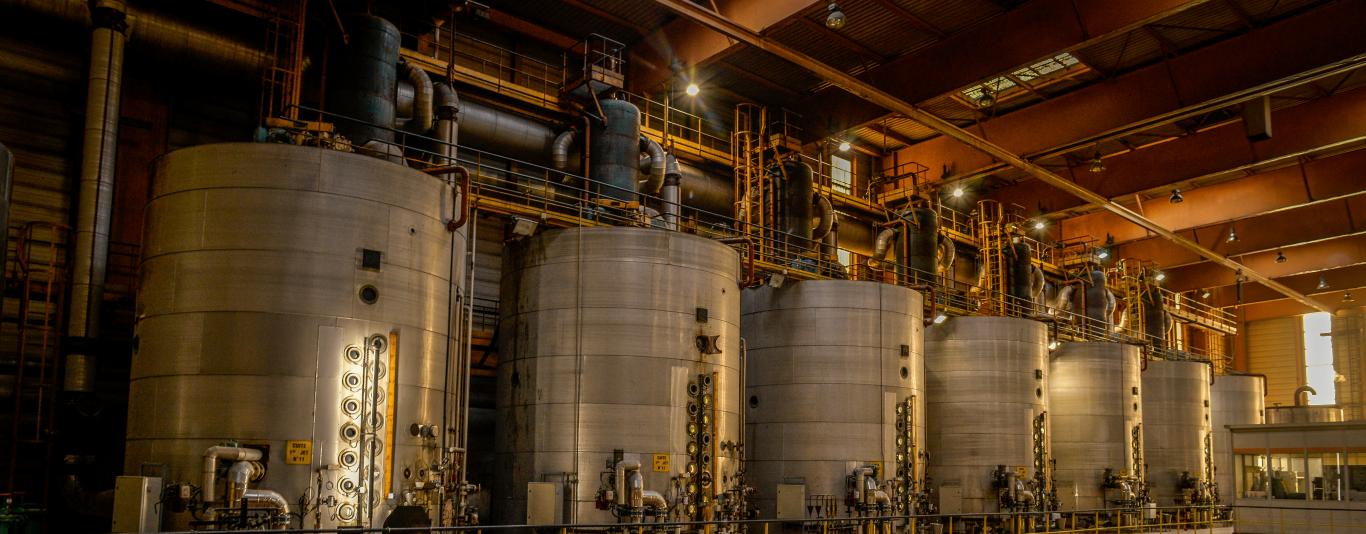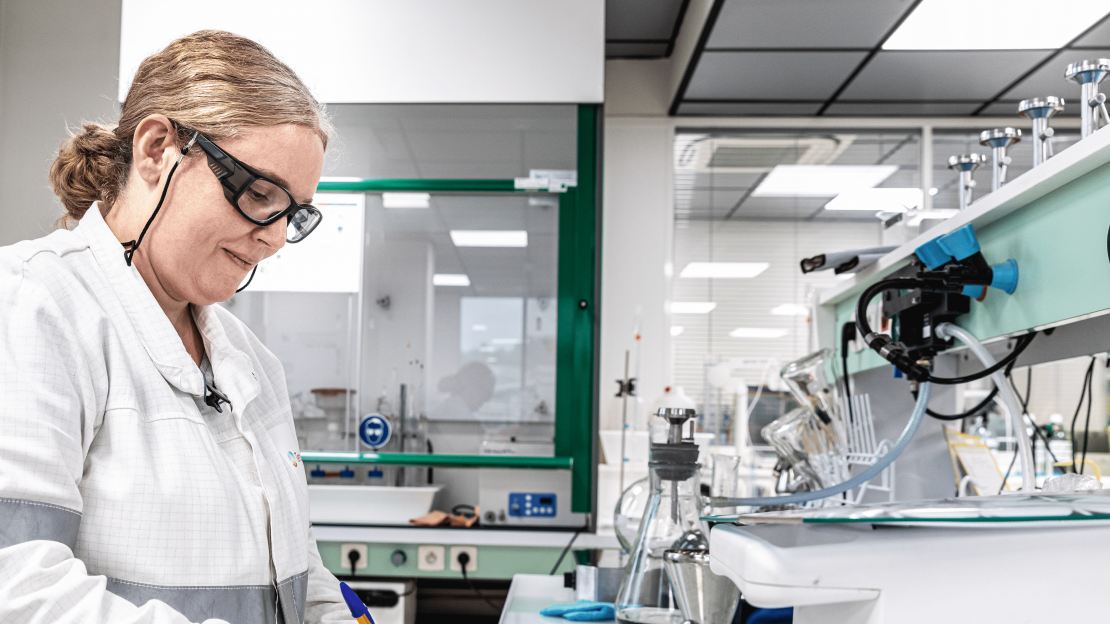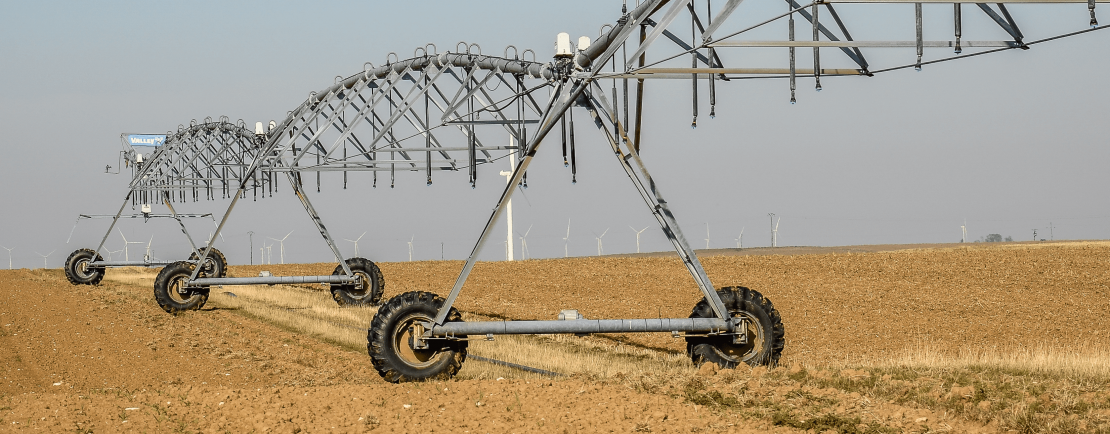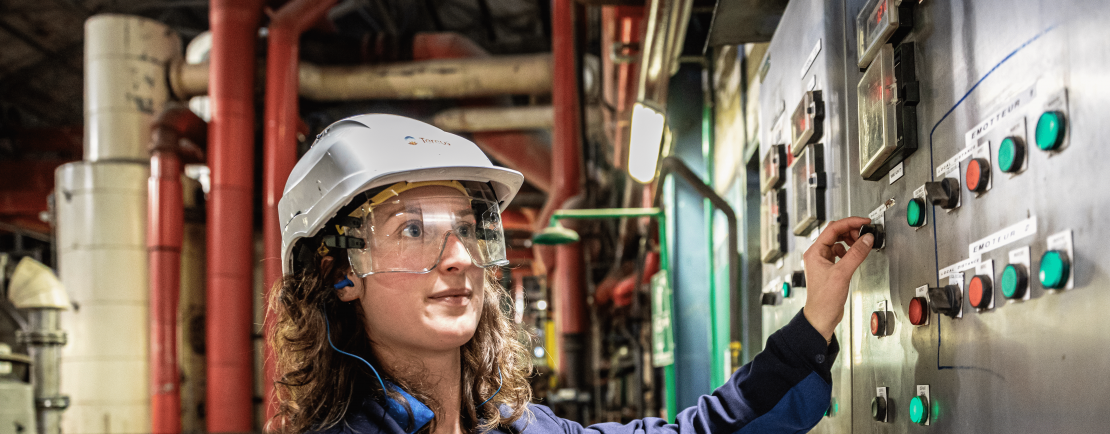Innovation
Industrial process

The transformation of agricultural raw materials requires the development of highly varied fractionation and purification technologies. Thanks to the constant improvement of our industrial processes to achieve higher performance and the use of stringent analytical procedures, we can guarantee our customers ingredients of excellent quality and functionality. We are constantly endeavouring to reduce our consumption of energy and water, with a target of zero waste.
Challenges
Respecting the environment and ensuring energy efficiency through our industrial processes while boosting productivity through high performance.
Goals
- Reducing our environmental impact: developing processes that are efficient in water and energy and recovering residues and by-products and trying to achieve zero waste.
- Developing the full potential of the raw materials processed, with levels of quality as required by the descending order of stringency in quality: first human food and health, then animal nutrition, then non-food use, and then conversion to energy.
- Finding new techniques to optimise processes for transforming raw materials.
- Developing energy production by manufacturing ethanol and by anaerobic digestion.

Examples of applications
A new washer in Connantre
The French sugar factory-distillery has been equipped with a new washer for the 2021/22 sugar crop. It has increased the plant’s capacity to 27,000 metric tons of sugar beet per day (+22%) and has placed Connantre among the world’s leading sugar beet factories. It has also made it possible to reduce energy consumption by 30% and water consumption by 50% in the washing activity, which is essential to the beet processing process.
Tereos focuses on methanization in Brazil
Two years ago, the Tereos starch manufacture plant in Palmital, Brazil, began using a methanizer to process effluents from starch production, produce the biogas used by the plant and reduce greenhouse gas emissions. With a processing capacity of 110 m3 of effluents per hour, this methanizer is one of the largest examples of this type of equipment in Latin America.


